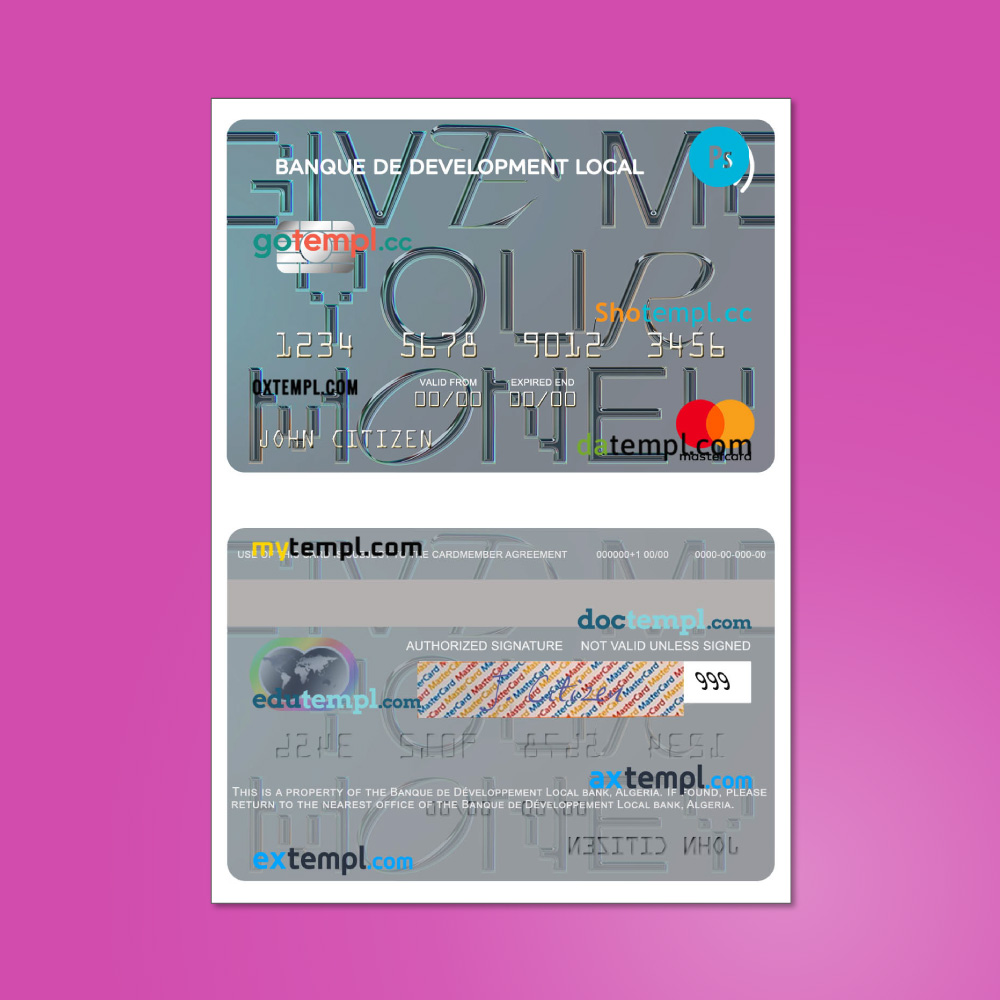Credit cards can be a valuable financial tool if used wisely, but they can also lead to a debt trap if you’re not careful. If you’re not familiar with how credit cards work or how to use them responsibly, you could quickly find yourself in a mountain of debt that can take years to pay off. In this blog, we’ll discuss some tips on how to use credit cards wisely and avoid falling into a debt trap.
Know your credit card terms
Before applying for a credit card, it’s essential to understand the terms and conditions of the card. You should know the interest rate, the annual fee, and any other fees associated with the card. Make sure to read the fine print carefully, so you understand what you’re getting into. This will help you avoid any surprises later on and allow you to make informed decisions about which credit cards to apply for.

Keep your credit utilization low
Your credit utilization is the percentage of your available credit that you’re using. It’s essential to keep your credit utilization low, ideally below 30% of your available credit. If you’re using more than 30% of your available credit, it could hurt your credit score and make it more difficult to get approved for loans or credit in the future. Plus, high credit utilization can make it more challenging to pay off your balance in full each month, which can lead to interest charges and a debt trap.
Pay your balance in full each month
Paying your balance in full each month is the best way to avoid interest charges and debt. By paying off your balance in full, you’re also keeping your credit utilization low, which can help improve your credit score. If you’re unable to pay off your balance in full, try to pay as much as you can each month to reduce the amount of interest you’ll owe.
Use your credit card for necessities only
One of the best ways to avoid overspending on your credit card is to use it for necessities only. Try to use your credit card for everyday expenses, such as groceries or gas, rather than impulse purchases or luxury items. This will help you stay within your budget and avoid the temptation to overspend.
Set a budget and stick to it
Setting a budget is critical for using your credit card wisely. Determine how much you can afford to spend each month and make a plan to stick to that budget. If you find yourself going over budget, reassess your spending habits and make adjustments as necessary.
Monitor your account regularly
It’s essential to monitor your credit card account regularly to make sure there are no unauthorized charges or errors. Review your statements carefully each month and report any suspicious activity to your credit card company immediately.
Conclusion
Credit cards can be a valuable financial tool if used wisely. By knowing your credit card terms, keeping your credit utilization low, paying your balance in full each month, using your credit card for necessities only, setting a budget, and monitoring your account regularly, you can avoid falling into a debt trap. Remember, using credit cards responsibly is all about discipline, budgeting, and planning. If you follow these tips, you can enjoy the benefits of credit cards without the financial stress and burden of debt.
